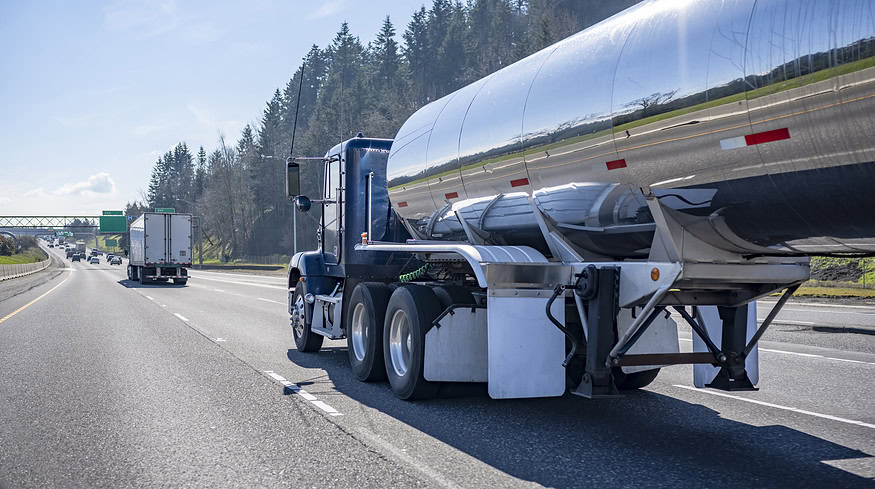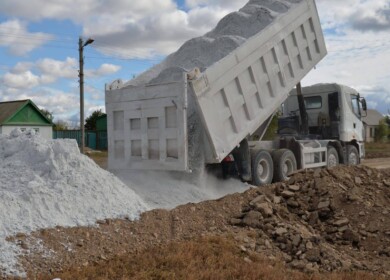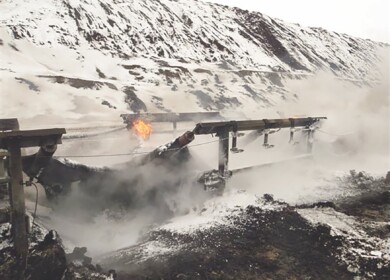Green Mile Enterprises shows how to maintain the integrity of liquid fertilizer during transport

Liquid fertilizer transport requires overcoming a myriad of challenges to ensure that this vital resource maintains its quality and efficacy from production facilities to farms. Green Mile Enterprises Inc., specialists in hazardous material transport, has developed a comprehensive strategy to navigate these obstacles effectively.
Liquid fertilizers are particularly sensitive to temperature changes. Too much heat can degrade the nutrients, while too cold temperatures can alter the chemical composition of the solution and damage the containers. The use of specialized trucks equipped to maintain consistent temperatures is a critical solution implemented by transport companies to mitigate these effects. Moreover, contamination from other chemicals or air exposure can severely diminish the effectiveness of the fertilizers, necessitating rigorous cleaning and tank sealing procedures after each delivery.
External conditions such as weather and road quality also heavily impact the transport of liquid fertilizers. Extreme weather events like heat waves or heavy snow can disrupt transportation schedules and potentially damage containers. Similarly, poor road conditions can increase the risk of spills and leaks during transport. Companies like The Green Mile Enterprises Inc. counter these challenges by preparing for adverse weather conditions and carefully planning their routes to avoid rough terrain.
Environmental safety is another significant concern in the transportation of liquid fertilizers. Spills can lead to contamination of soil and waterways, posing risks to plant and animal life. To minimize these risks, the transport vehicles are equipped with advanced leak detection systems that identify breaches in the tanks, allowing for immediate response and minimal environmental impact. Regular maintenance checks on tanks, valves, and hoses are conducted to prevent leaks and malfunctions.
To further enhance the safety and integrity of fertilizer transport, companies employ real-time tracking and monitoring technology. This technology provides ongoing data on environmental conditions, such as temperature and humidity, to ensure they remain within safe ranges. GPS tracking and route optimization not only aid in efficient transport but also help monitor driver behavior to maintain stable conditions throughout the journey.
Despite the high level of technology and planning, logistical hurdles still pose a threat to timely deliveries. Factors such as long-distance transport, regulatory compliance, and the inherent challenges of maintaining equipment in optimal condition can delay the arrival of these crucial agricultural inputs.
Enjoyed this story?
Every Monday, our subscribers get their hands on a digest of the most trending agriculture news. You can join them too!














Discussion0 comments